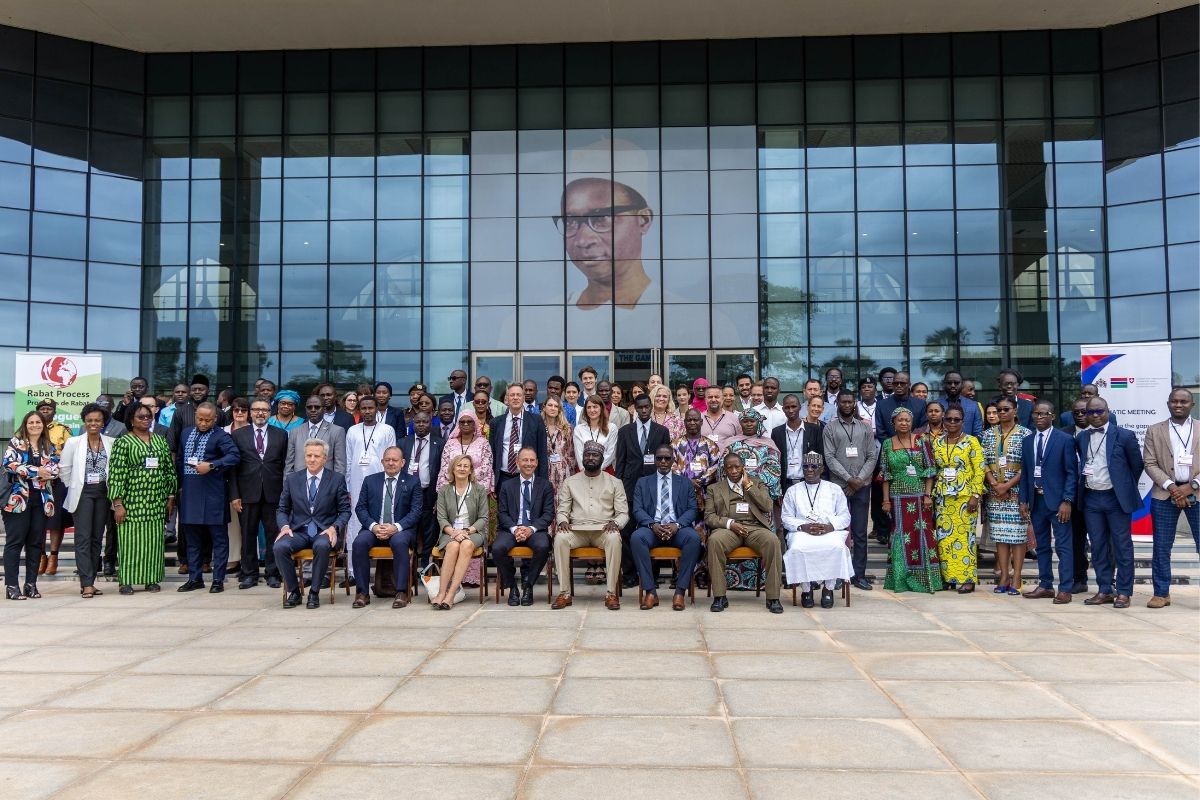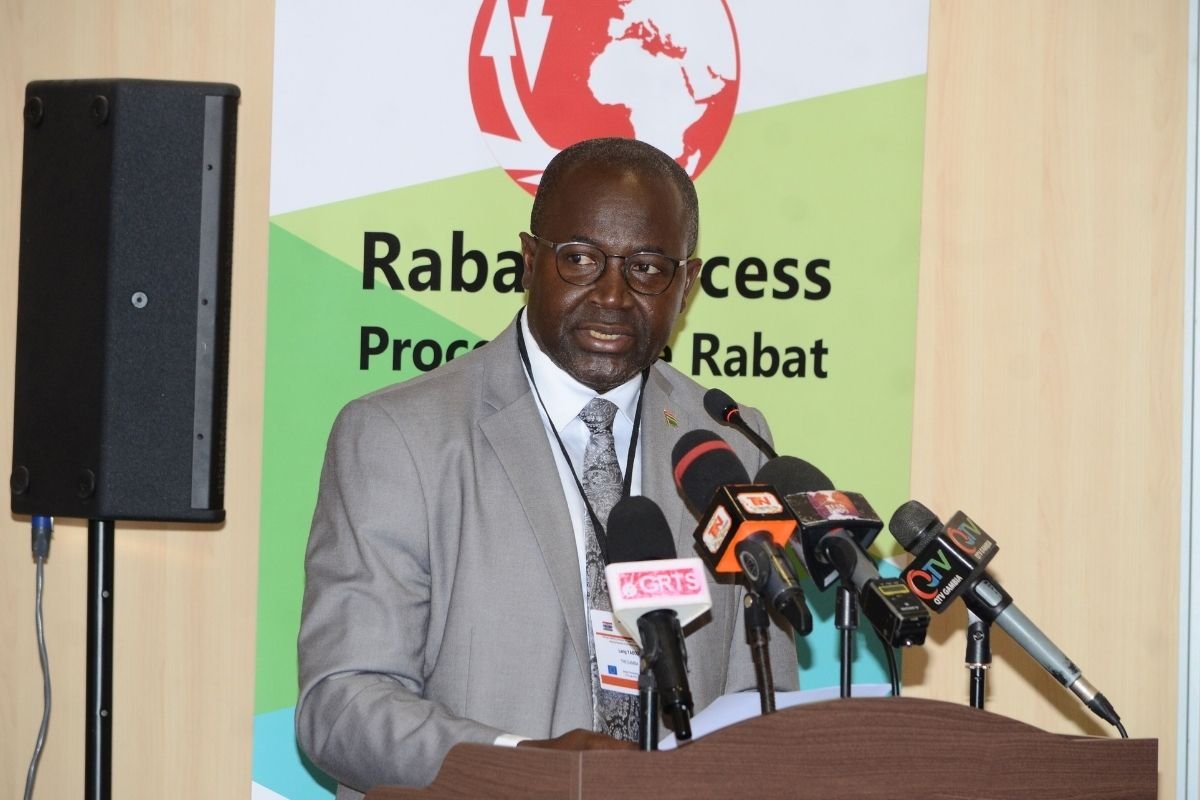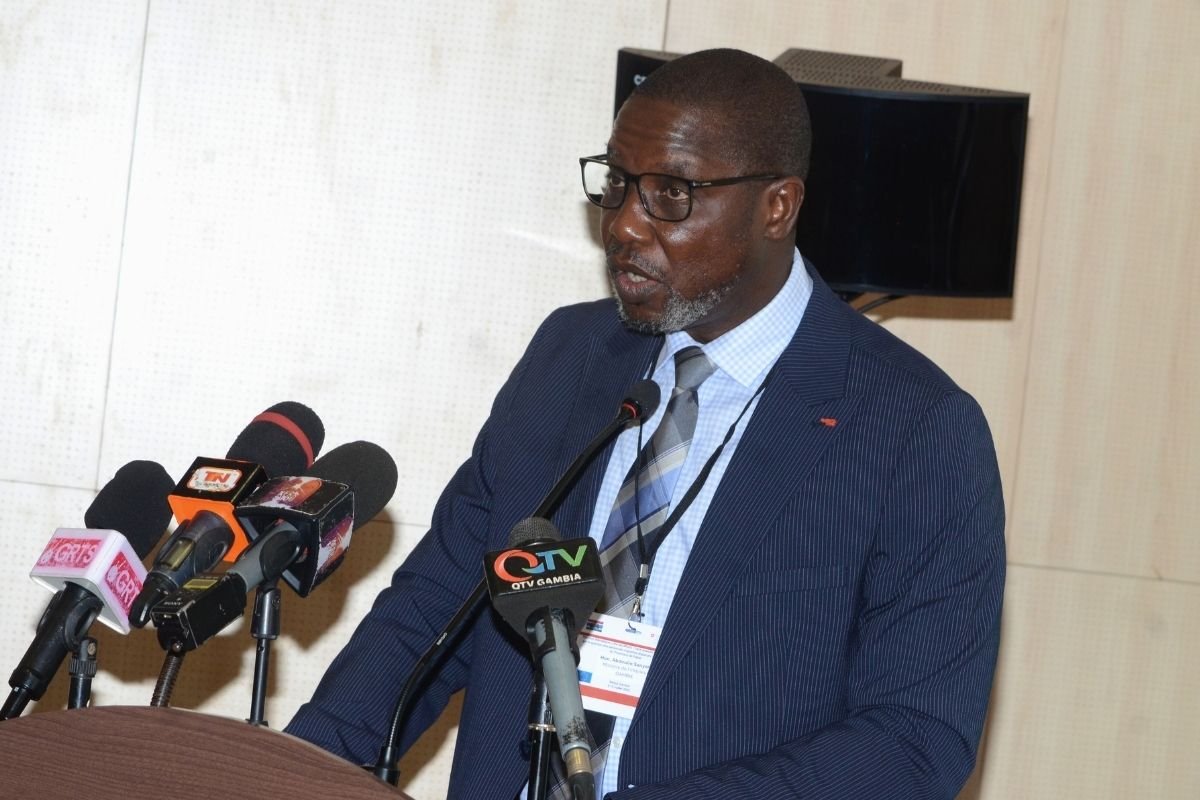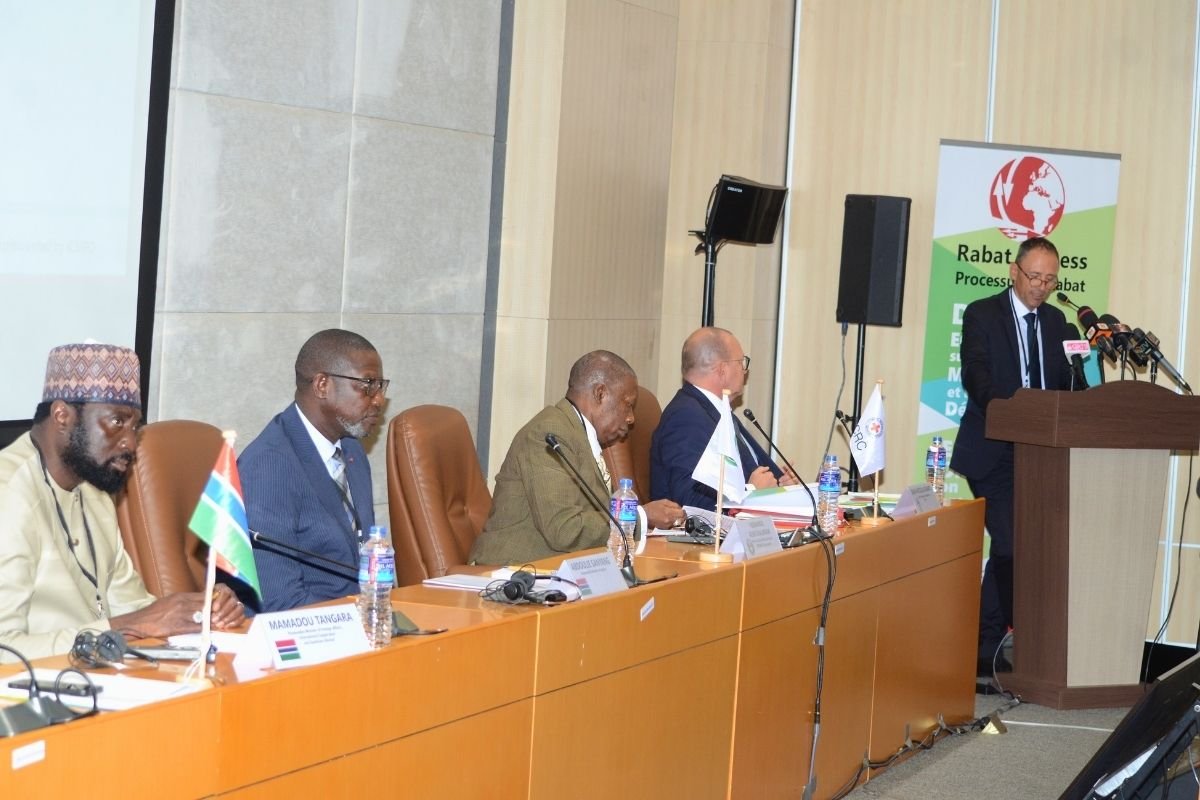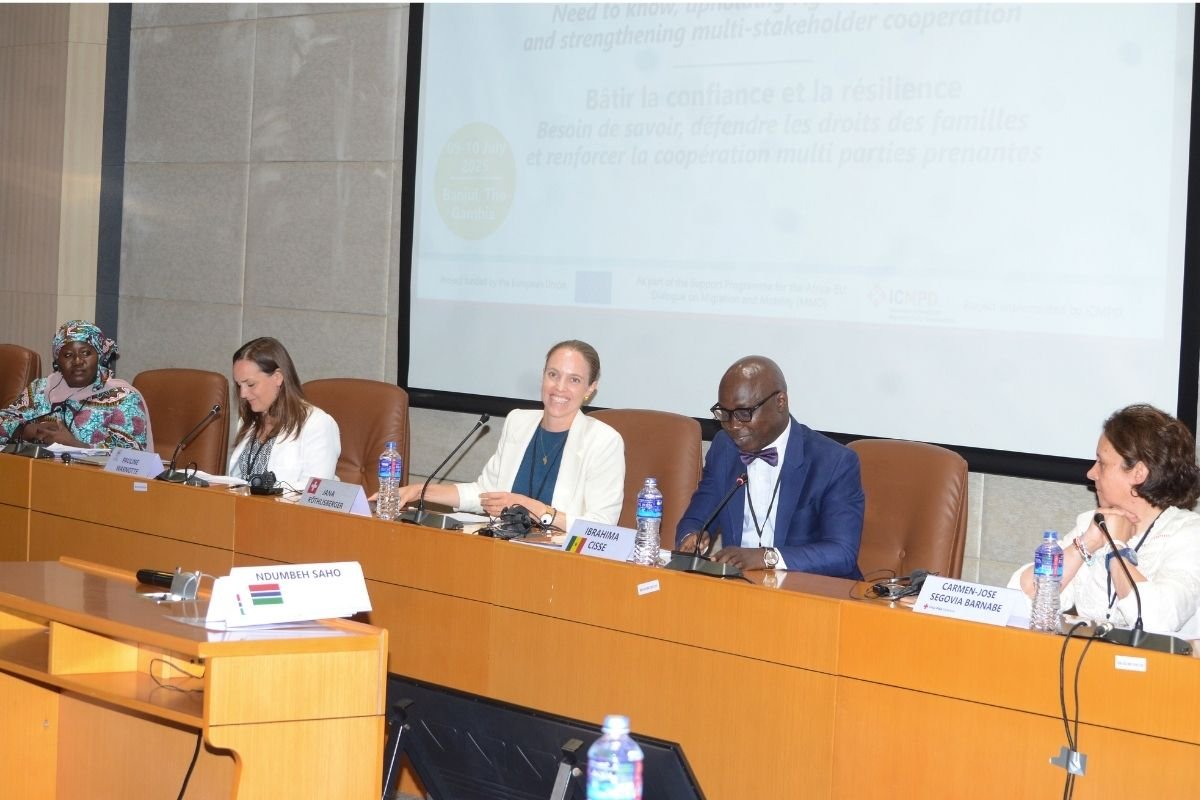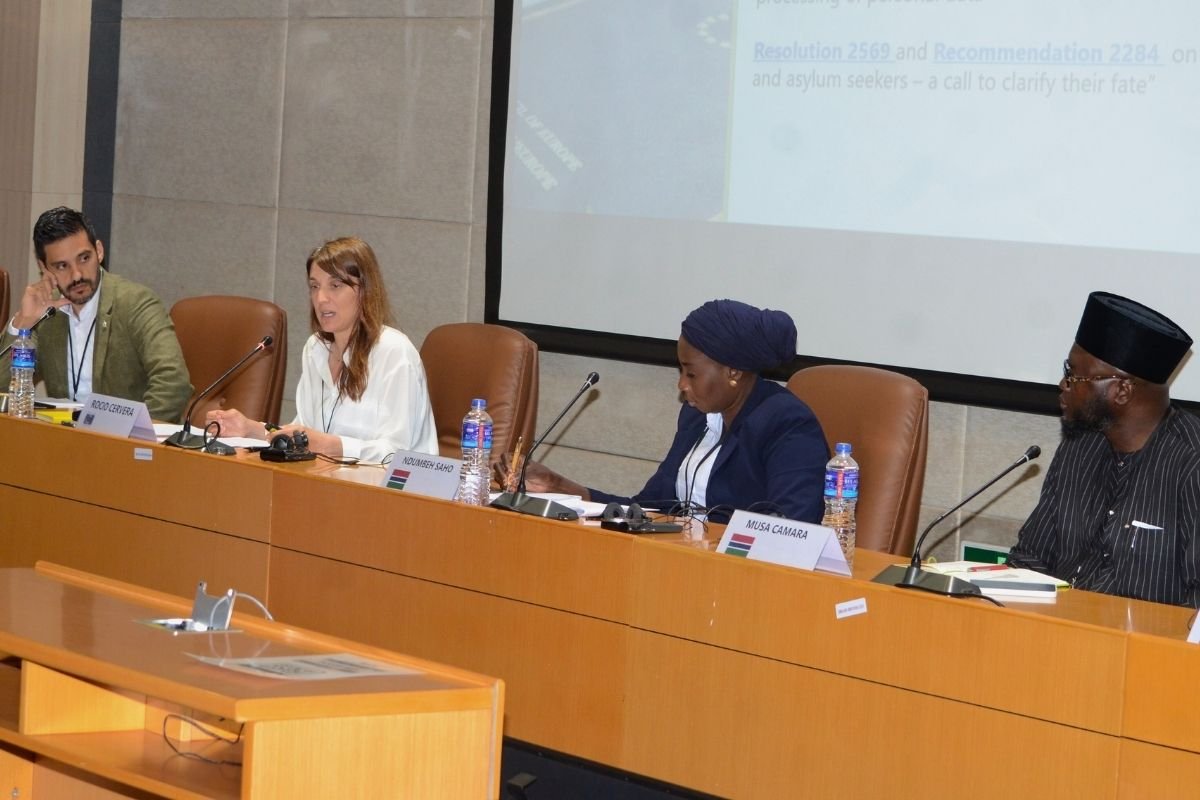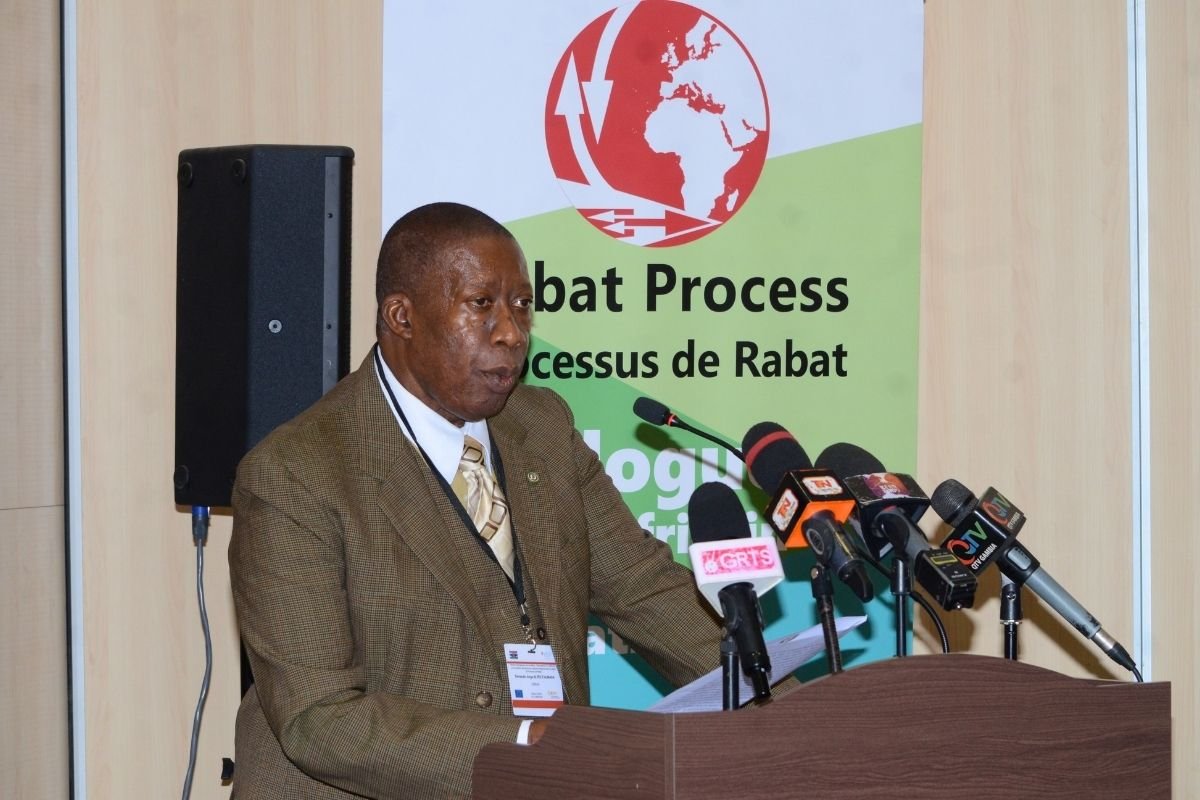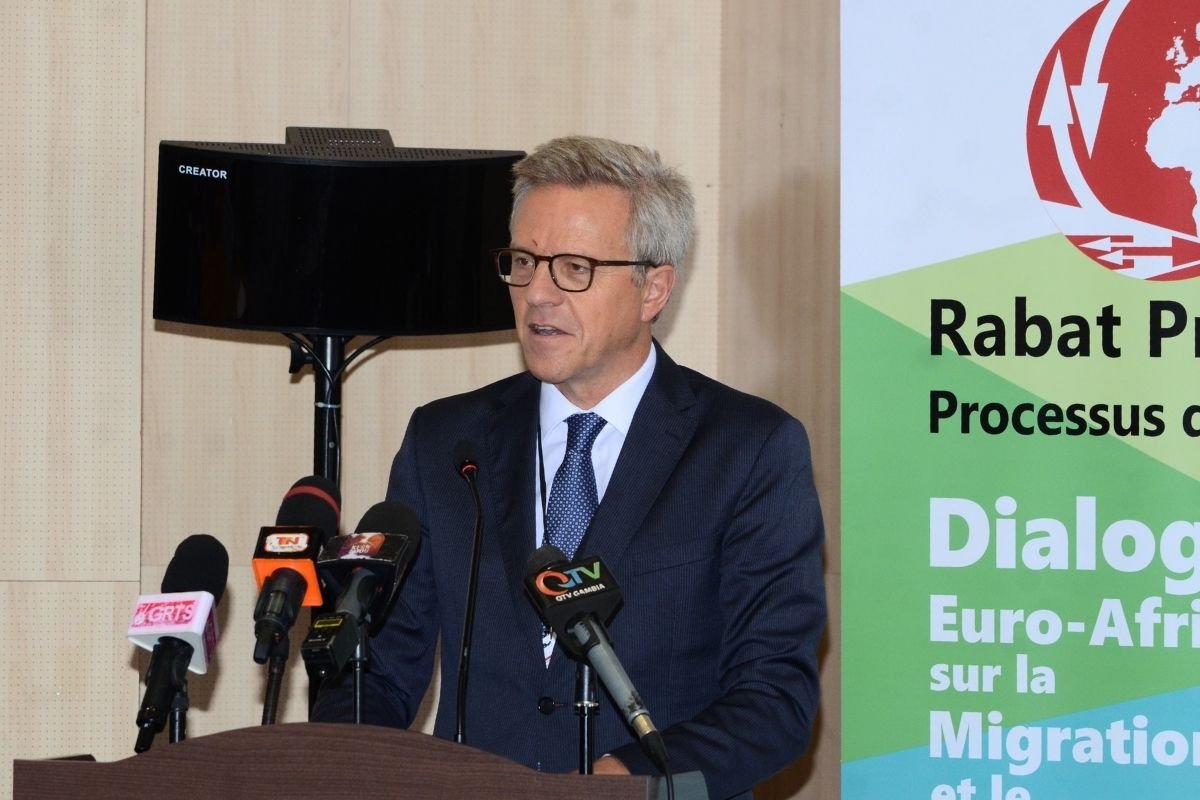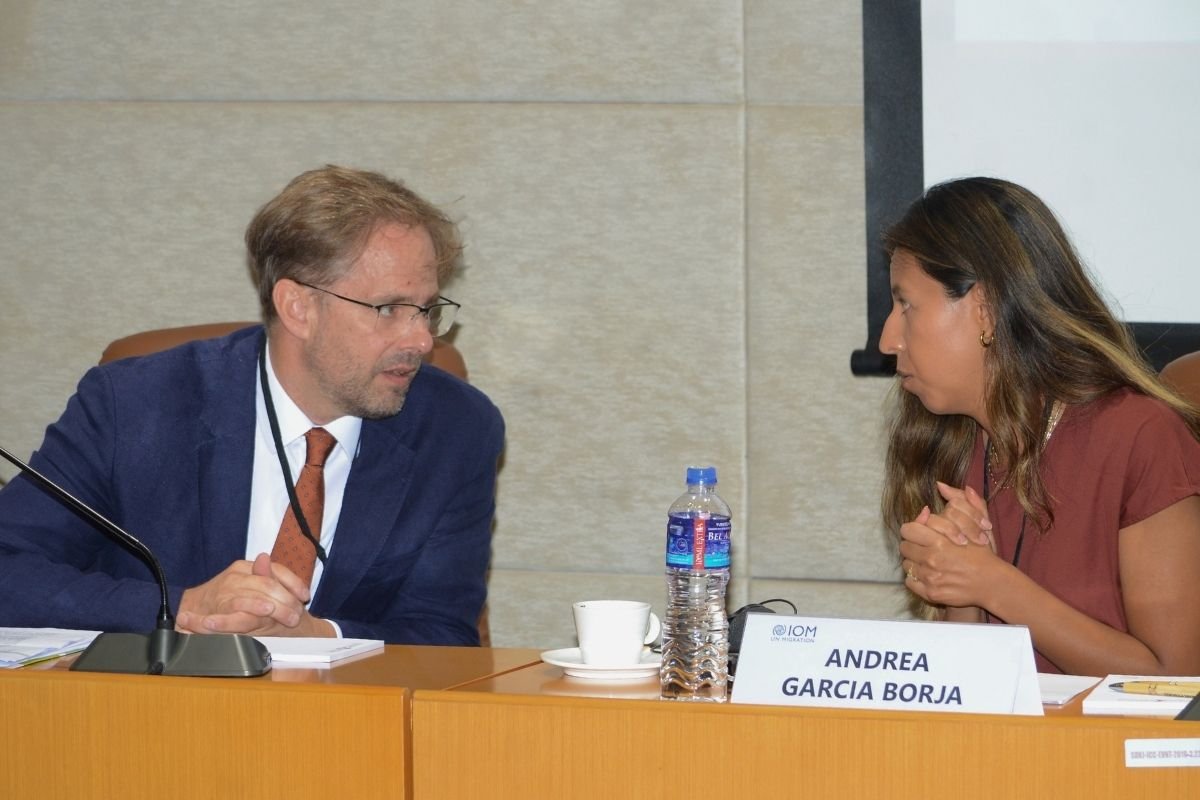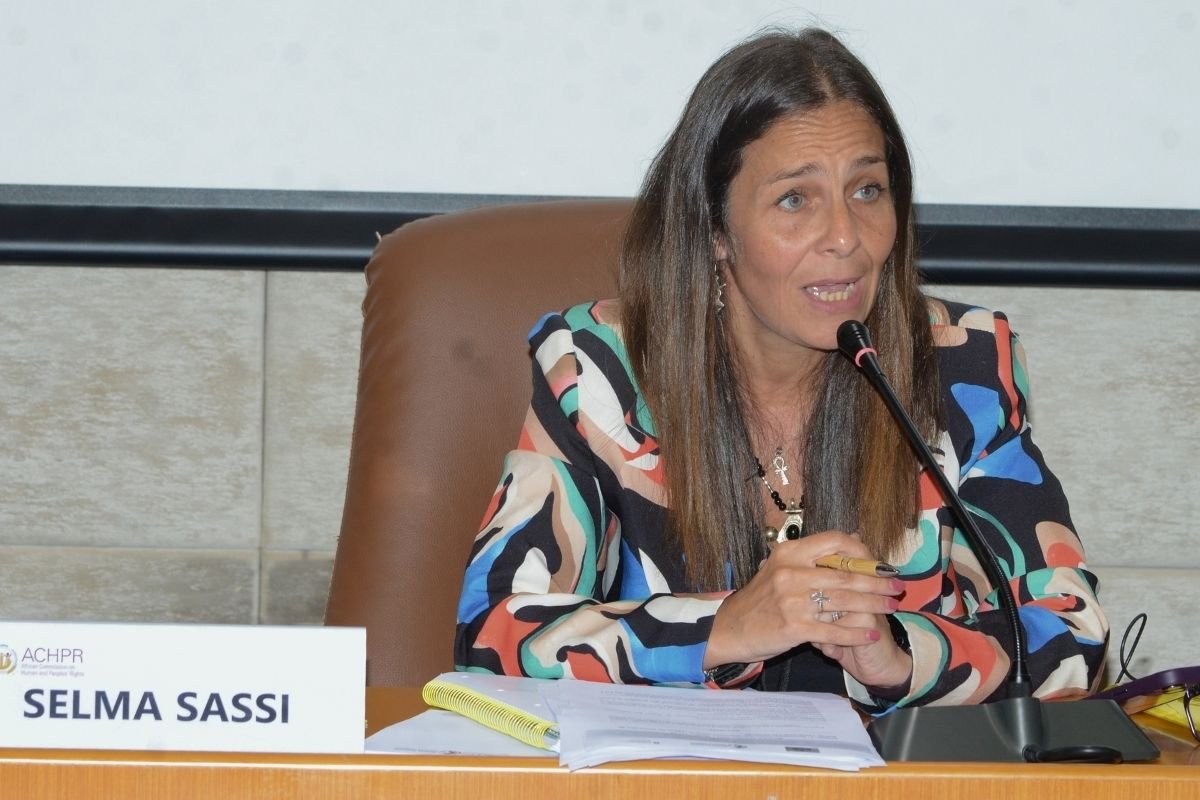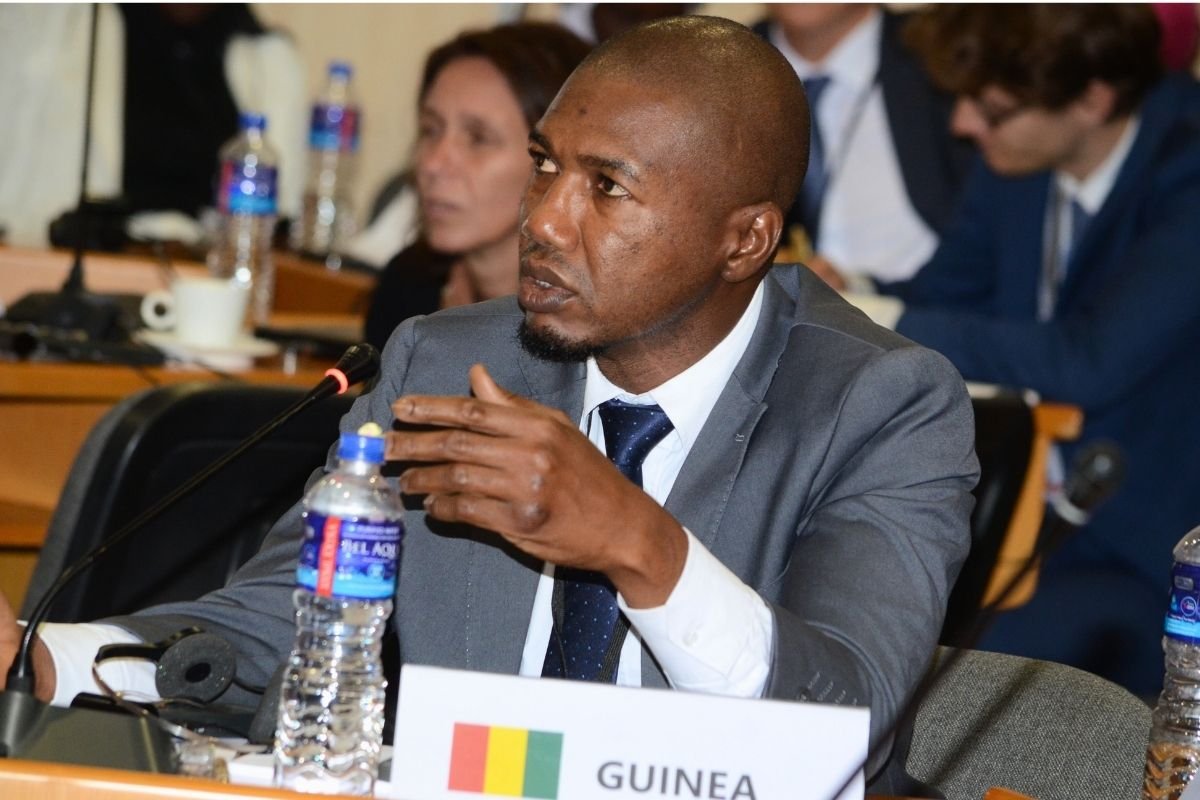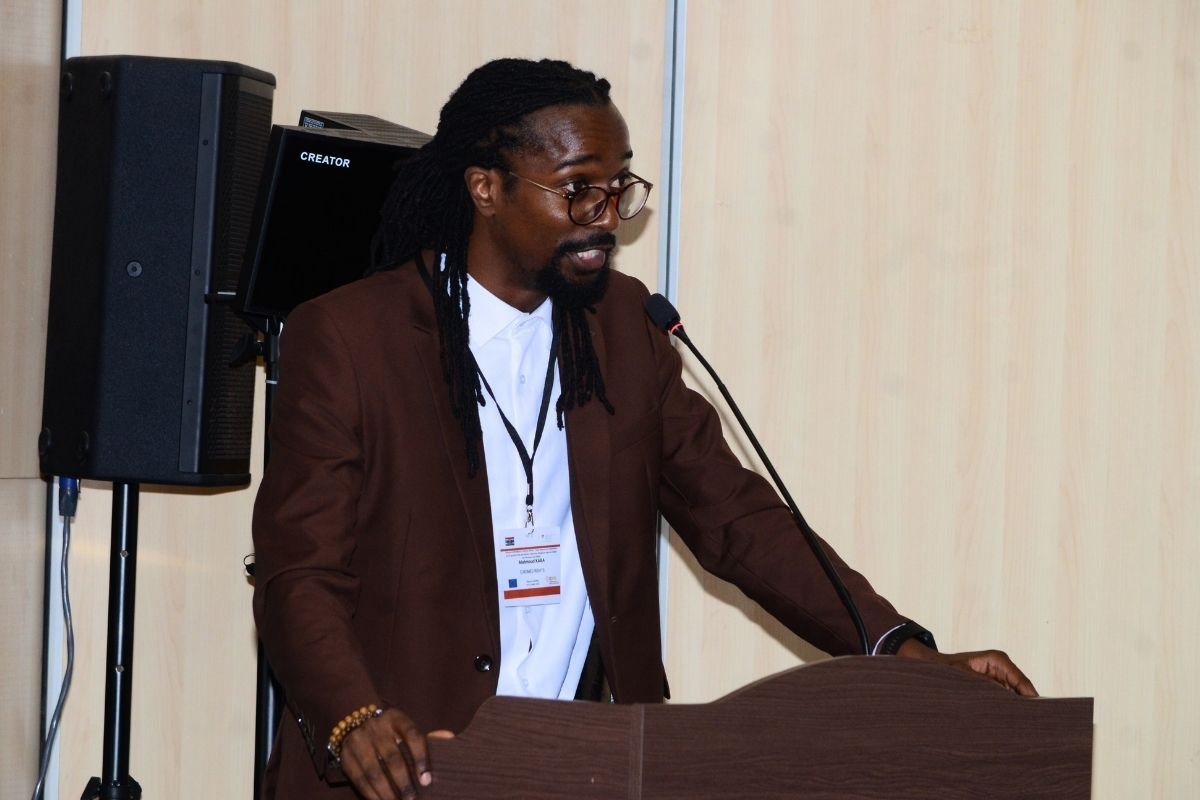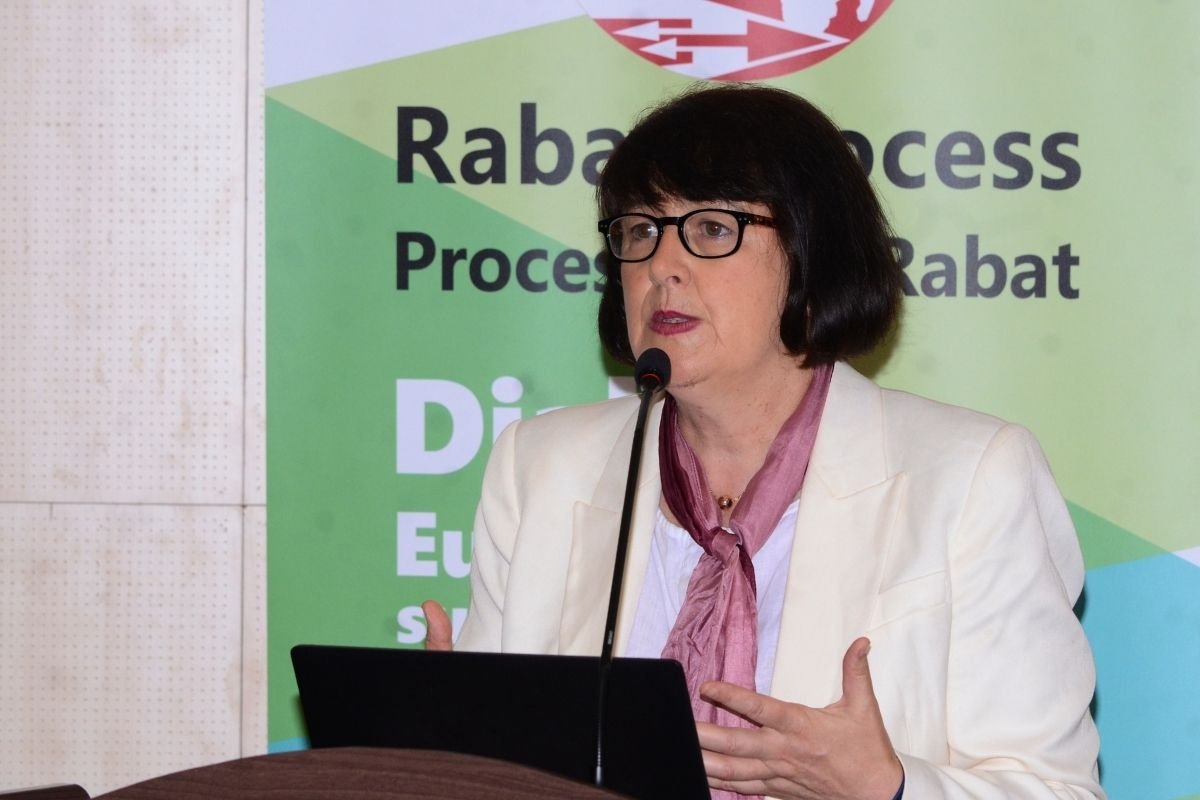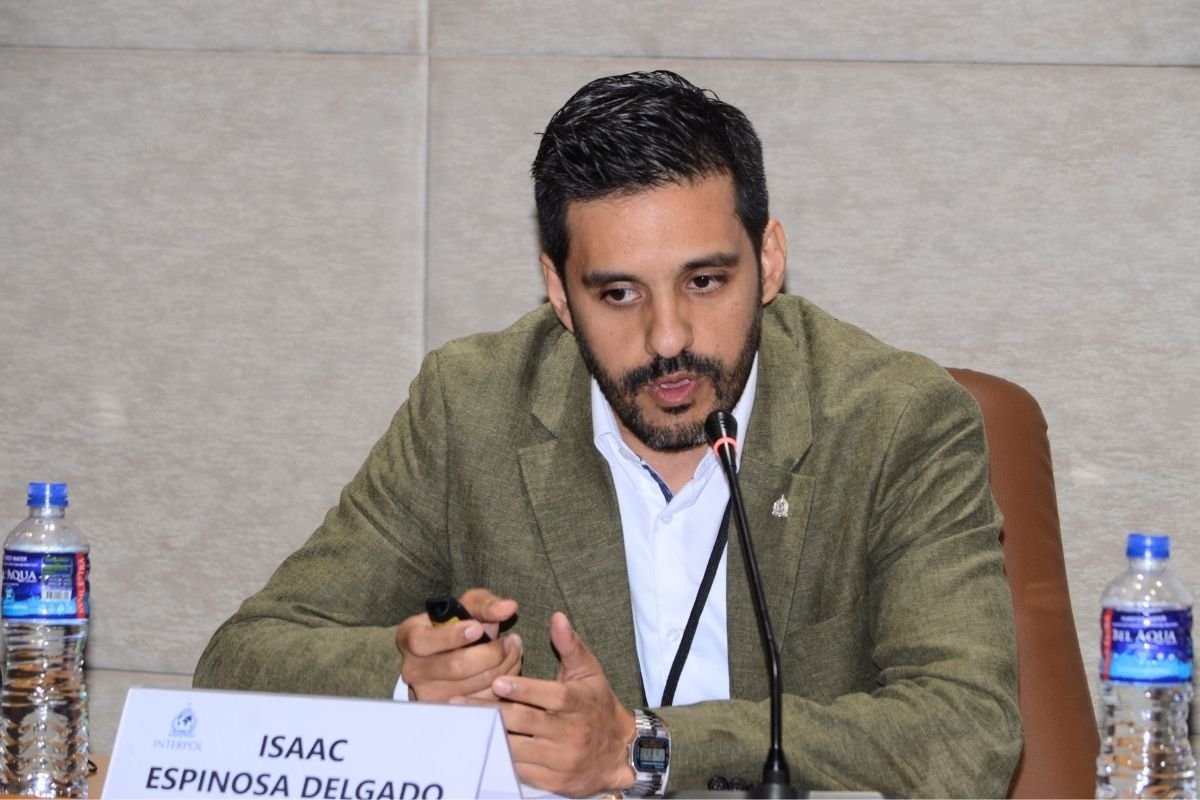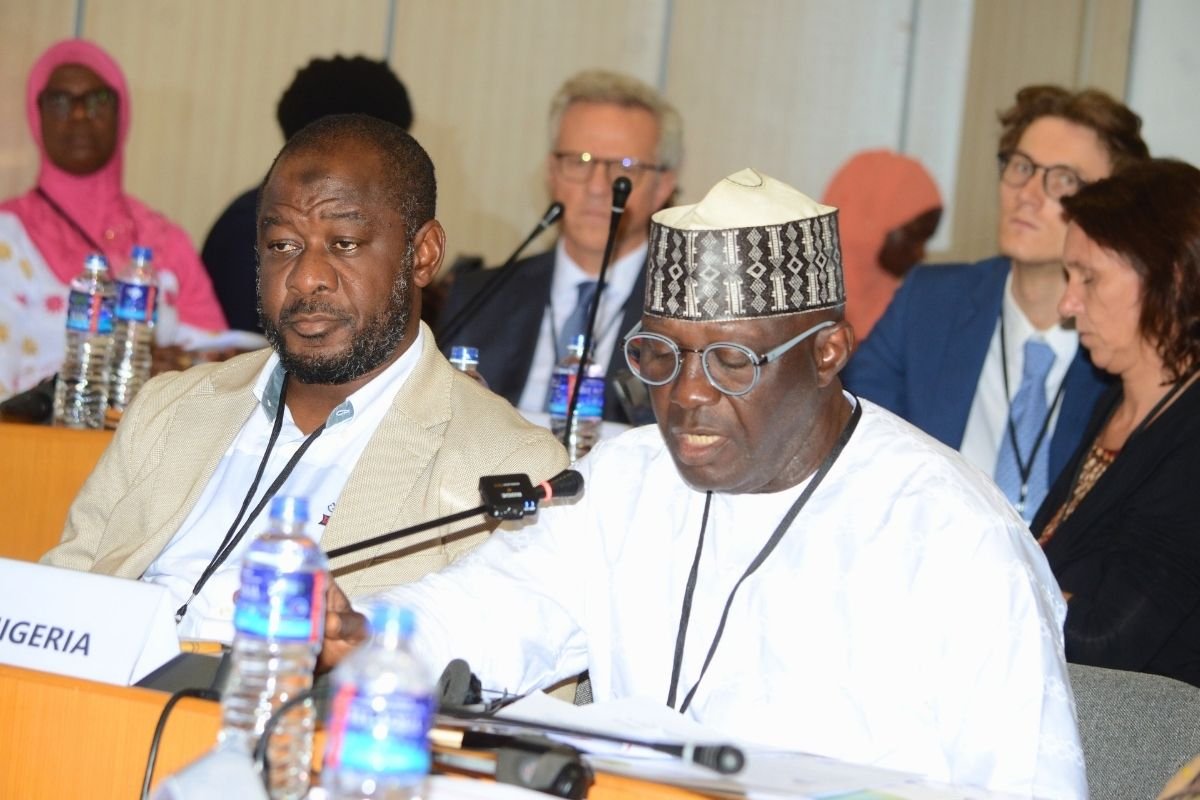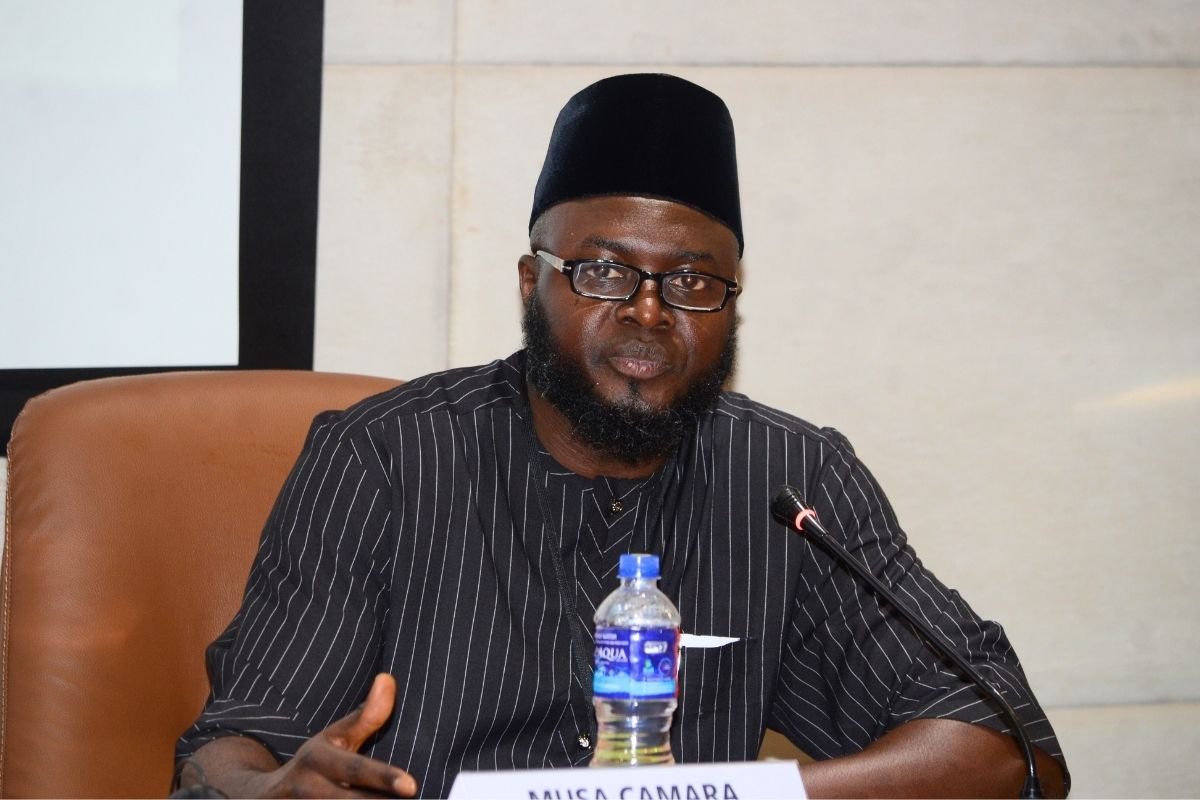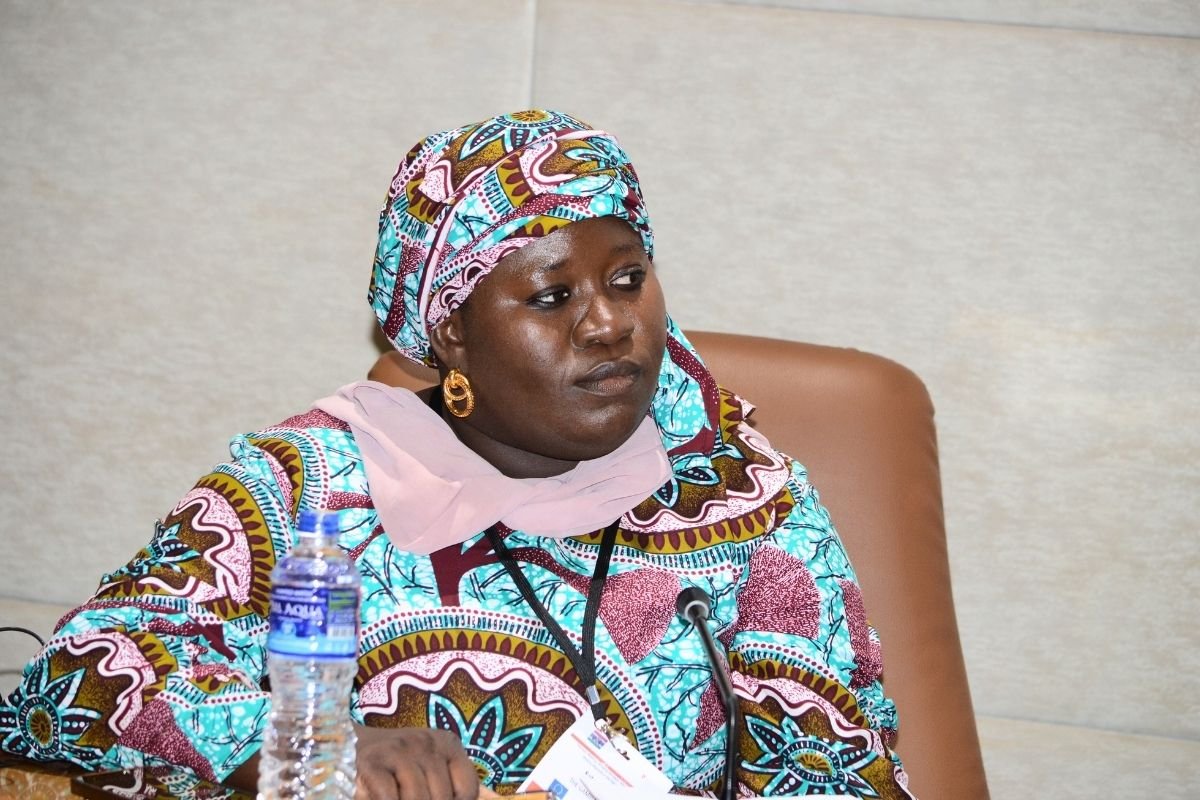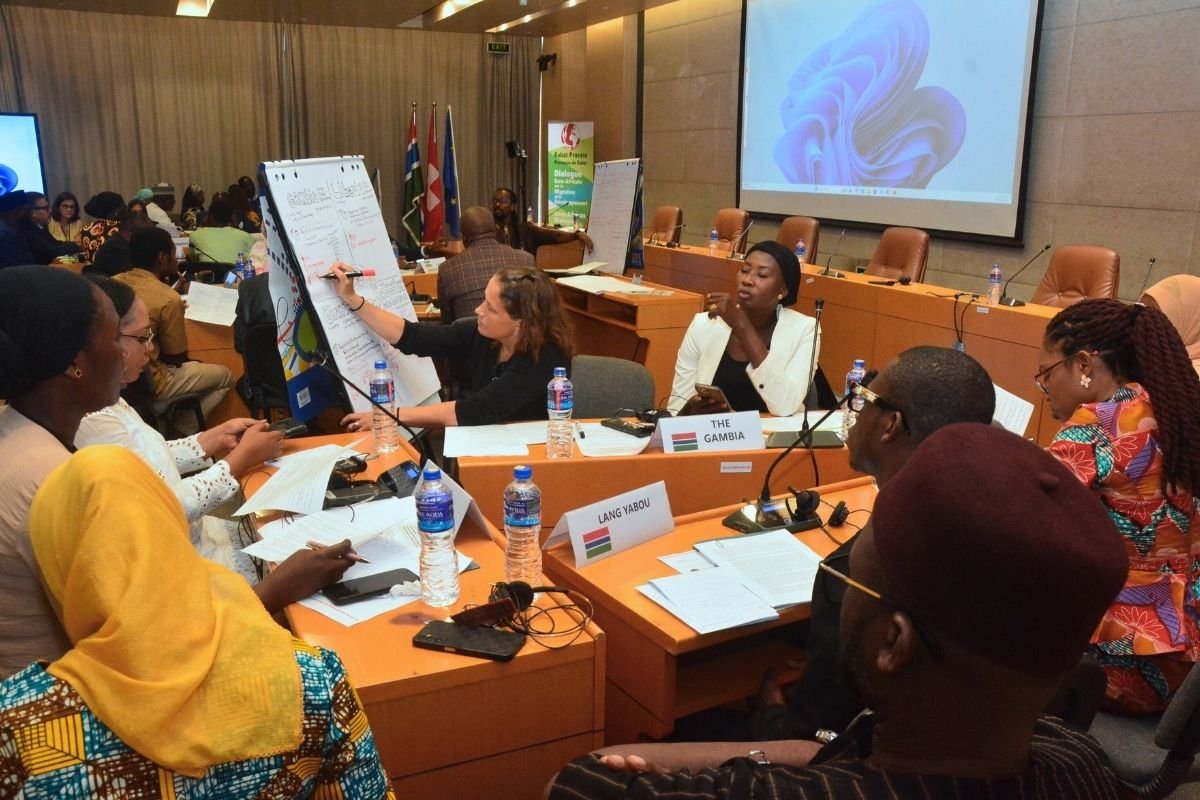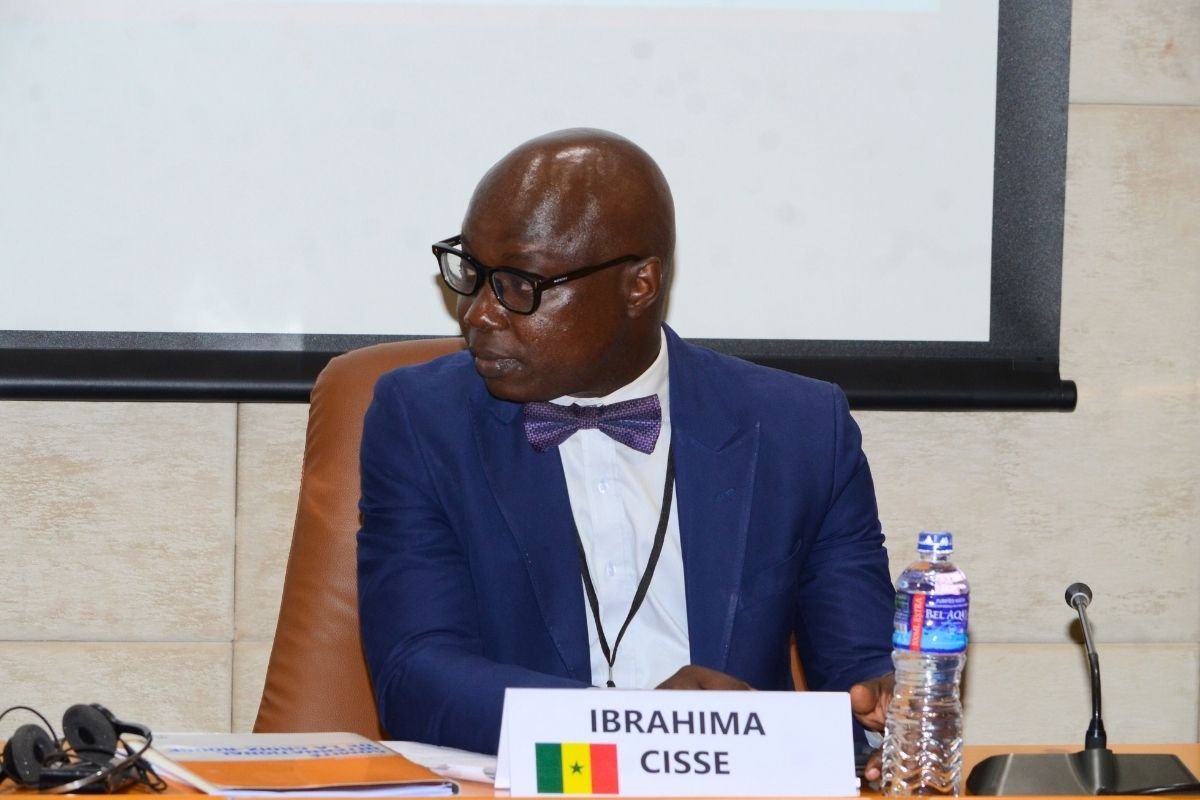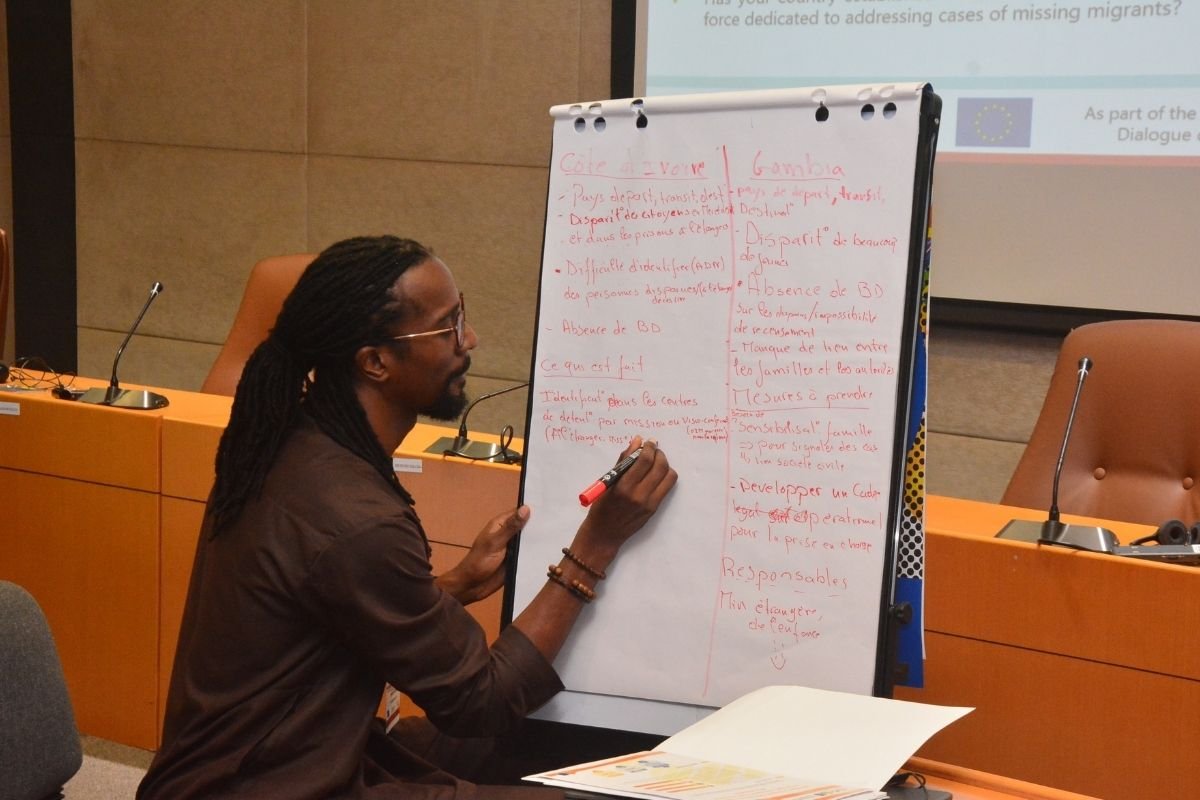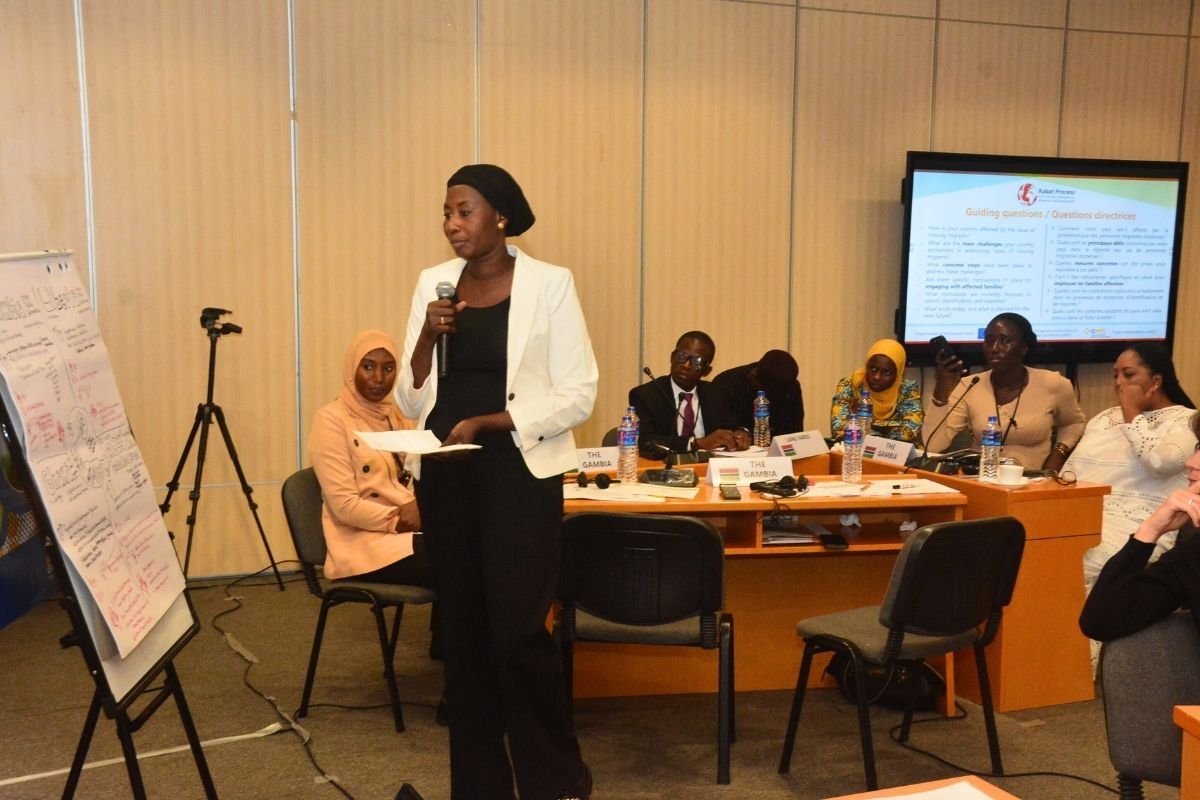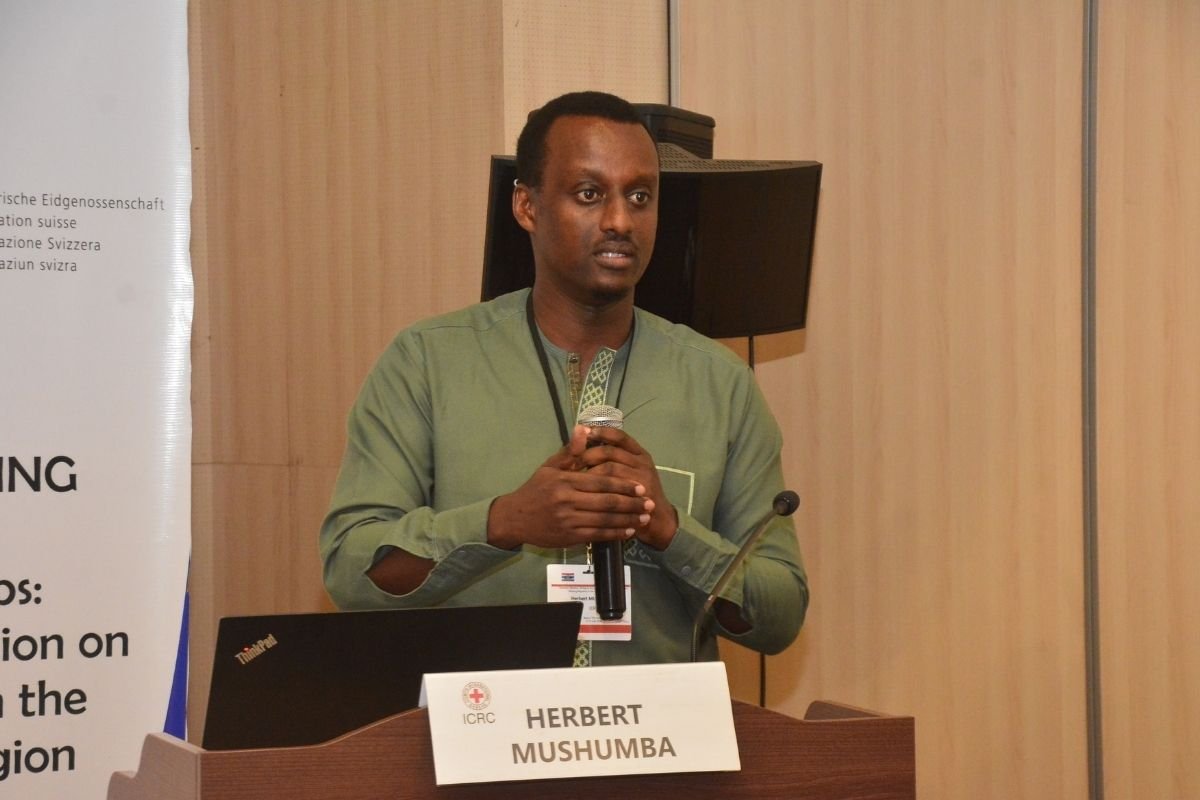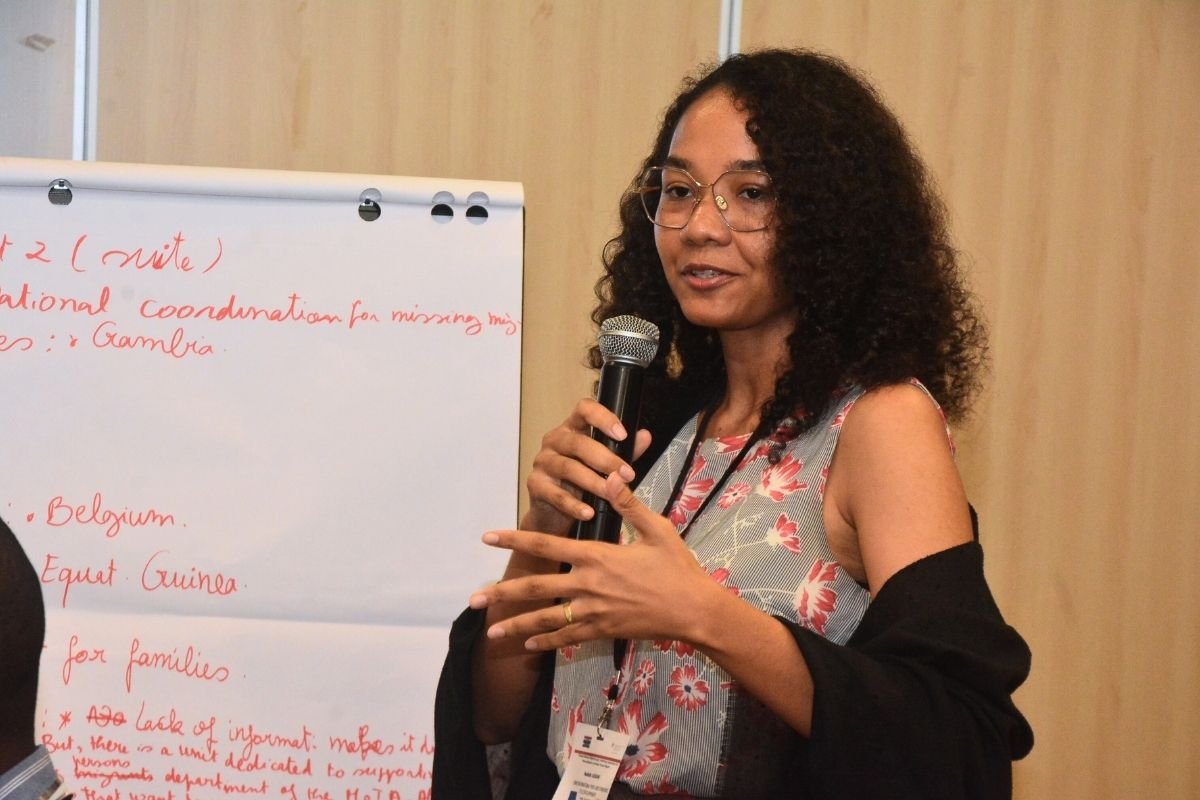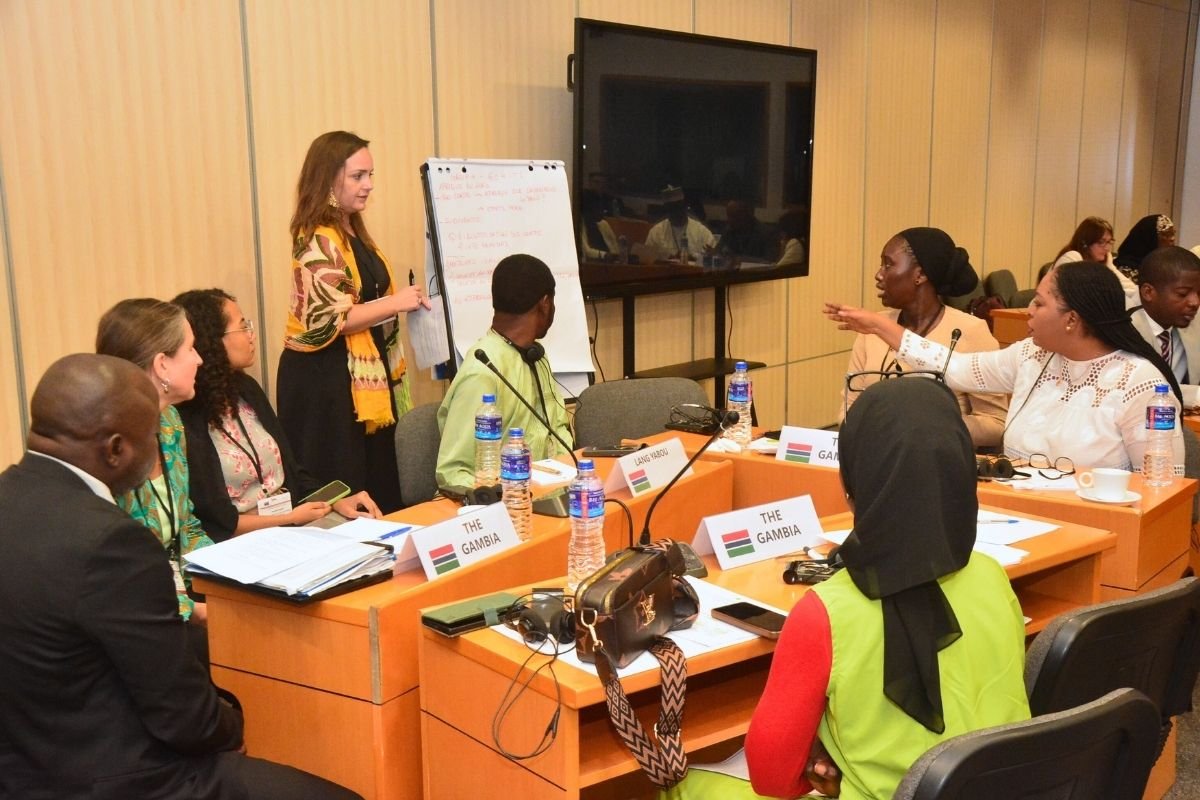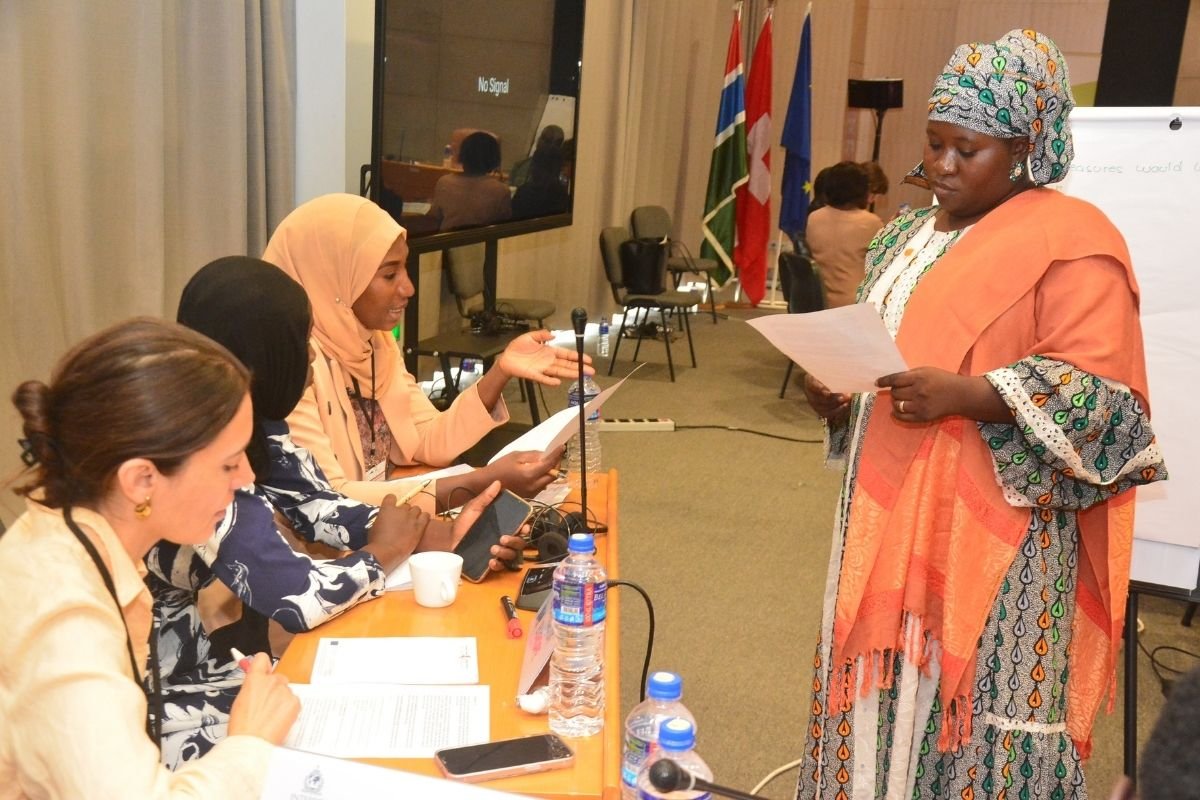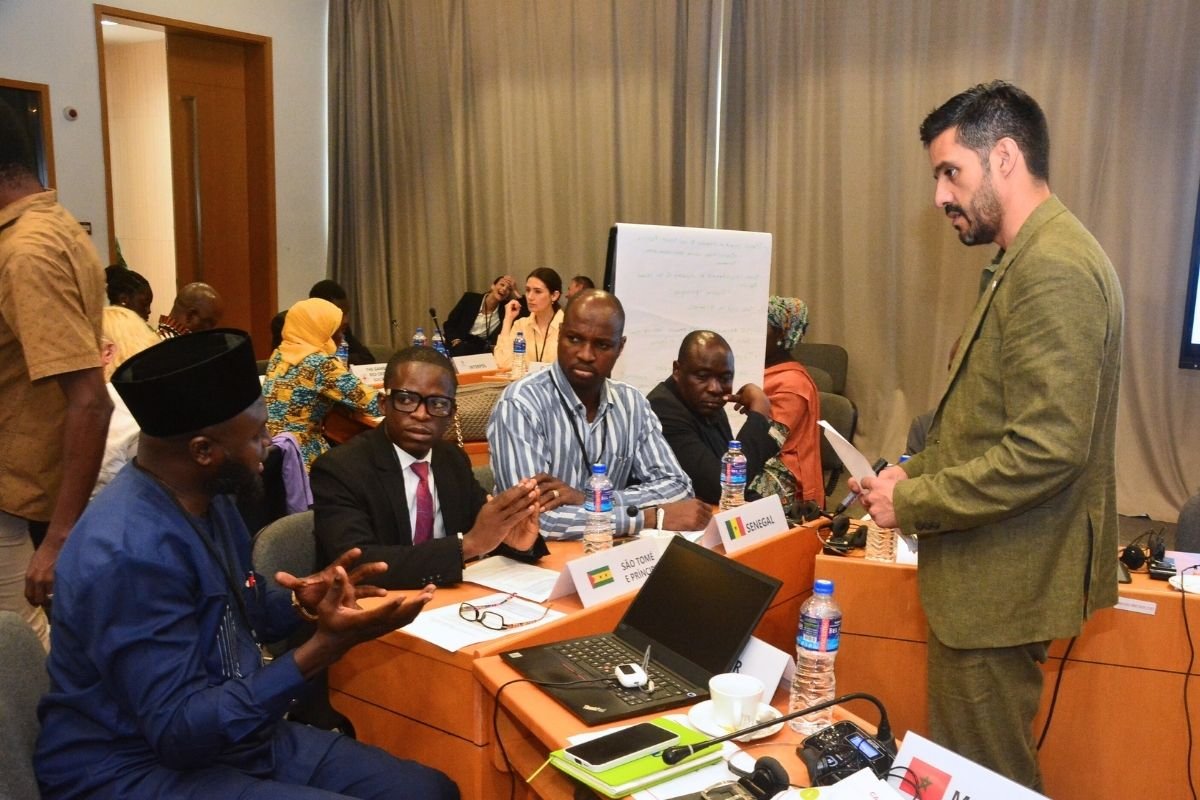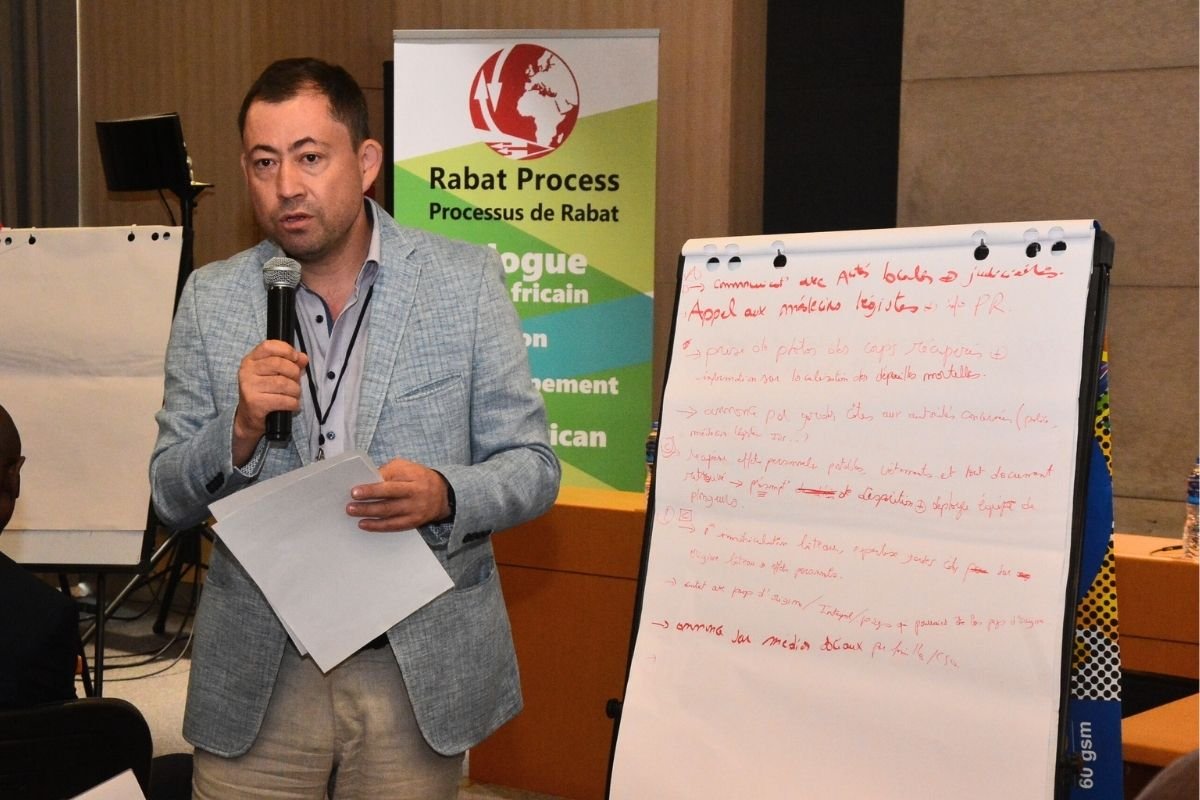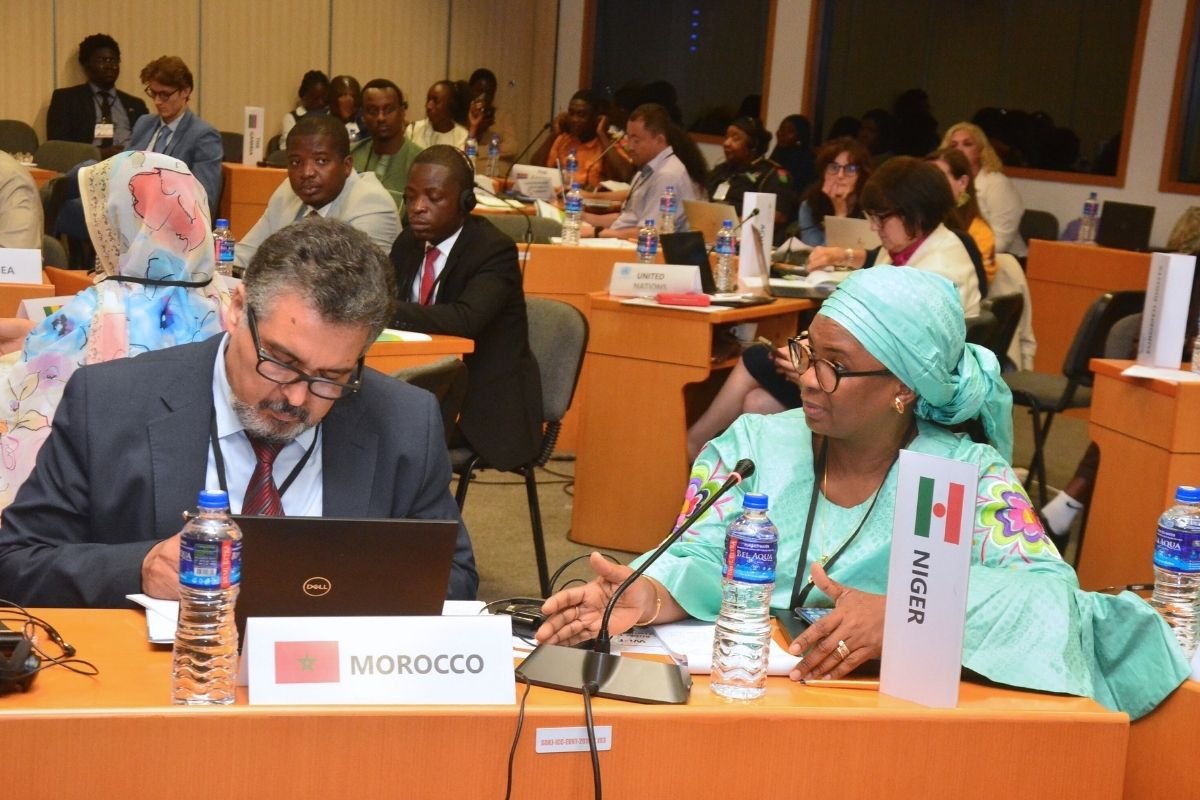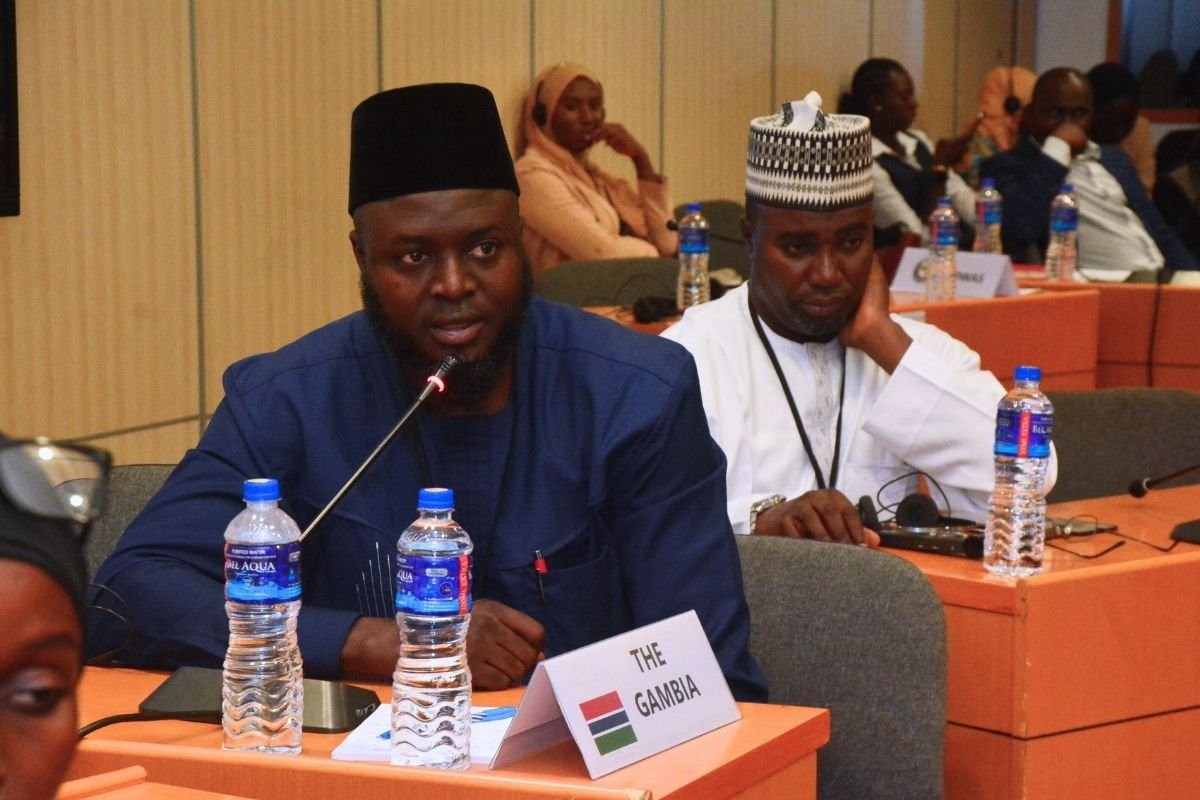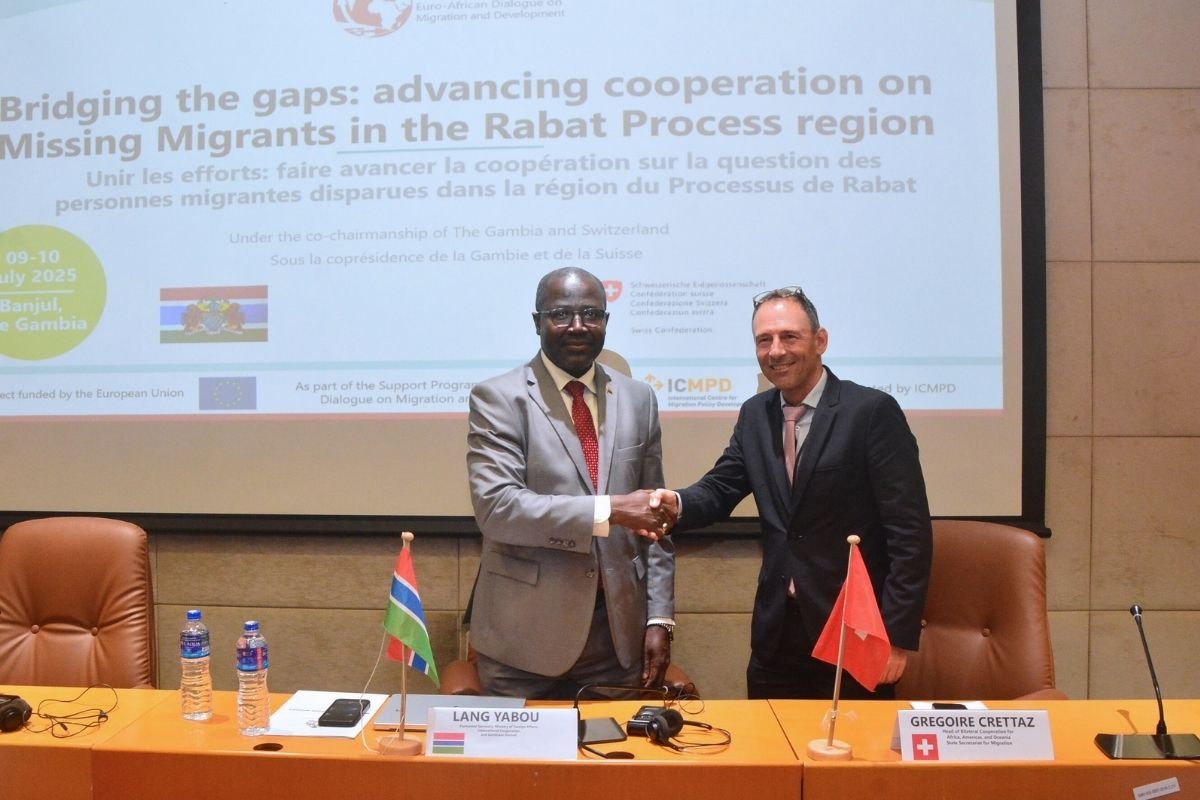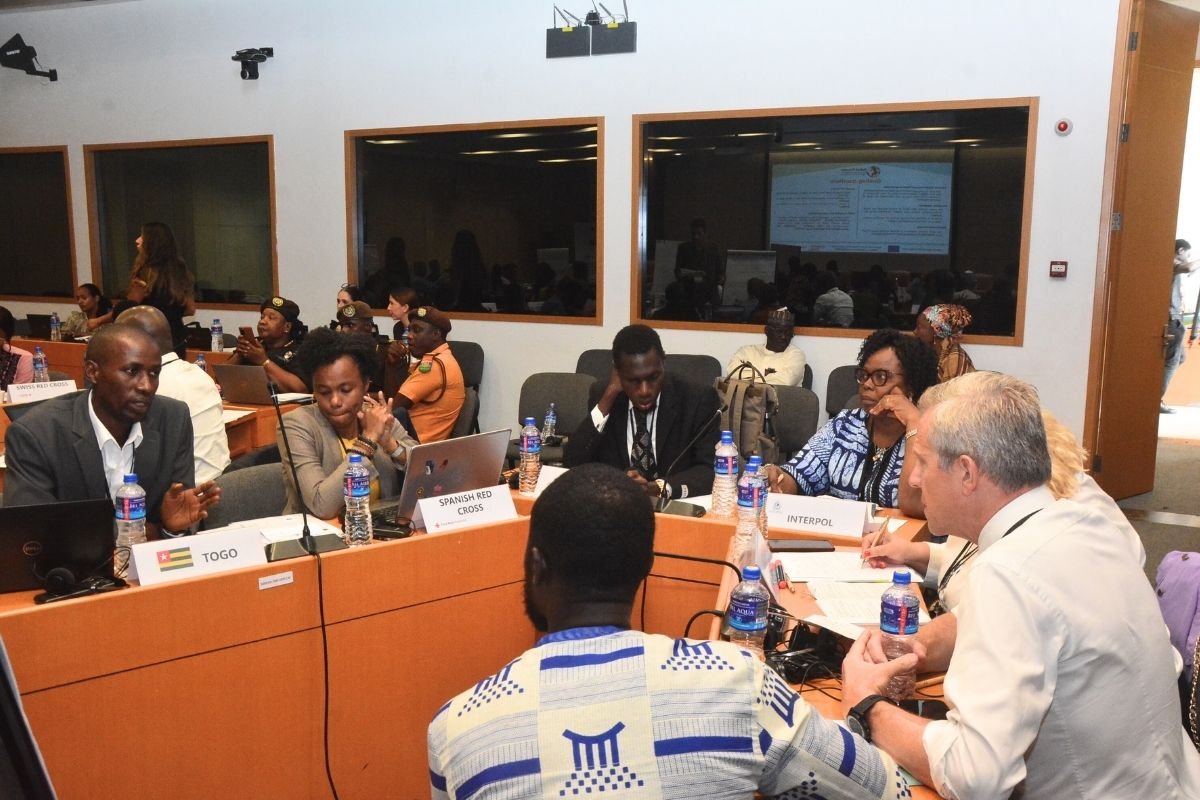In a significant effort to address one of the most pressing humanitarian challenges of migration, the Rabat Process held a landmark Thematic Meeting on missing migrants, on 9th and 10th July 2025, in Banjul.
This event, co-chaired by The Gambia and Switzerland with support of the International Committee of the Red Cross (ICRC), brought together over two days more than 100 participants from 27 partner countries, alongside experts from key national, regional and international organisations. Together, they developed concrete, action-oriented recommendations, calling for a principled and protection-centred approach to migration governance to address the human tragedy of migrant disappearances.
Building on Area 3 of the Cadiz Action Plan - particularly Objective 5b and Action 17 - the meeting focused on preventing loss of life along migration routes, improving the search for and identification of missing migrants, and ensuring meaningful support for affected families and communities. Importantly, this was the first time the Network of National Focal Point for Missing Migrants convened in person, marking a milestone in efforts to foster direct, cross-border collaboration and build trust among actors at the heart of national responses.
Building the foundations for coordinated, rights-based responses
Day 1 of the meeting set the stage for stronger national and regional responses on missing migrants. Moving beyond statistics, speakers brought to light the profound human suffering endured by families left behind, urging all to recognise the human stories behind the crisis. Key takeaways included a collective call to close the gap between political commitment and operational implementation. Empowering states through National Focal Points emerged as critical - these focal points were widely recognised as drivers of national coordination, cross-border collaboration, information sharing, and building trust with affected families.
The vital role of robust legal frameworks grounded in international human rights, refugee and maritime law was also underscored. Existing instruments and tools presented by the ICRC, IOM, Council of Europe, and INTERPOL - such as forensic and tracing mechanisms – were highlighted as valuable resources to support the dignified identification and management of deceased migrants. However, speakers emphasised that these tools must be complemented by empathy, face-to-face engagement, and long-term collaboration rooted in human dignity.
Partner countries spanning the migration journey, including The Gambia, Senegal, and Switzerland, showcased practical initiatives like the establishment of task forces, offices for reception and orientation, and community outreach that are turning principles into action. Besides, the importance of data resonated throughout the meeting, not only in shaping policy and ensuring accountability but in safeguarding the privacy and security of families who courageously come forward. Data protection was emphasised as fundamental to all efforts.
Above all, discussions echoed a compelling call for a paradigm shift in migration governance – one that centres on solidarity, prevention, accountability, and the recognition that families of missing migrants are not just beneficiaries, but central actors in the search for answers.
From reflection to practice, strengthening action and cooperation
Day 2 turned to practical implementation, focusing on mapping the landscape and building stronger cooperation.
Participants engaged in small group discussions to explore national responses and identify tangible ways to build trust, reinforce stakeholder coordination, and foster cross-border collaboration. A scenario-building exercise illustrated how humanitarian forensic action can ensure the dignified management of deceased migrants, highlighting the need for cross-border cooperation, interdisciplinary coordination, and a steadfast commitment to human dignity and truth for the families left behind.
The final discussion looked ahead, with the ICRC, serving as the Secretariat of the Network of NFPs for Missing Migrants, calling for concrete action to implement commitments made under the Rabat Process. Participants identified critical actors to be engaged in the responses, including families, civil society, diaspora communities, embassies and consular services, law enforcement, universities, national Red Cross and Red Crescent Societies, among others.
To advance effective responses, participants put forward several recommendations, including:
- Strengthen the Network of National Focal Points for Missing Migrants: Build on existing models like Switzerland’s dual focal point structure and appoint (co-)focal points across relevant ministries to ensure interagency collaboration.
- Enhance support to families and survivors of migration journeys: Actively involve families in decision-making and provide psychosocial and legal assistance, particularly in contexts where fear or stigma prevents them from coming forward.
- Improve data systems and awareness: Establish national databases, promote responsible cross-border information sharing, and scale up prevention campaigns highlighting the risks associated with irregular migration.
A collective commitment to dignity and justice
The Gambia and Switzerland closed the meeting with a strong and united message: no migrant should be forgotten, and no family should be left without answers.
This meeting marked a turning point towards more effective regional cooperation. The Network of National Focal Points for Missing Migrants stands as a symbol of shared responsibility and collective commitment to dignity, justice, and truth.The way forward is clear: it is time to turn shared principles into practical, human-centred action - with courage, compassion, and cooperation at every step.
See all the recommendations consolidated in the Outcome document.
Photos
